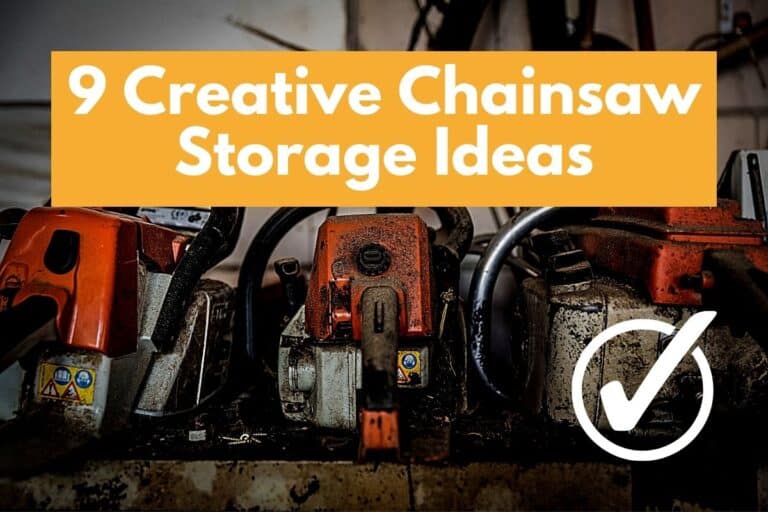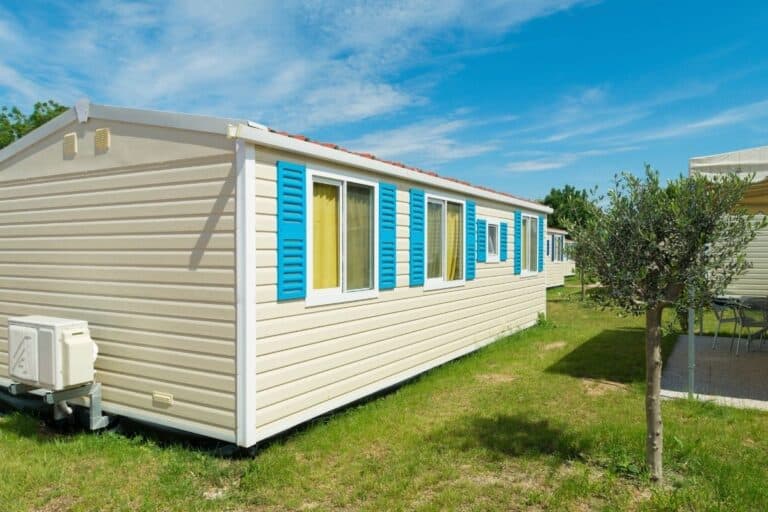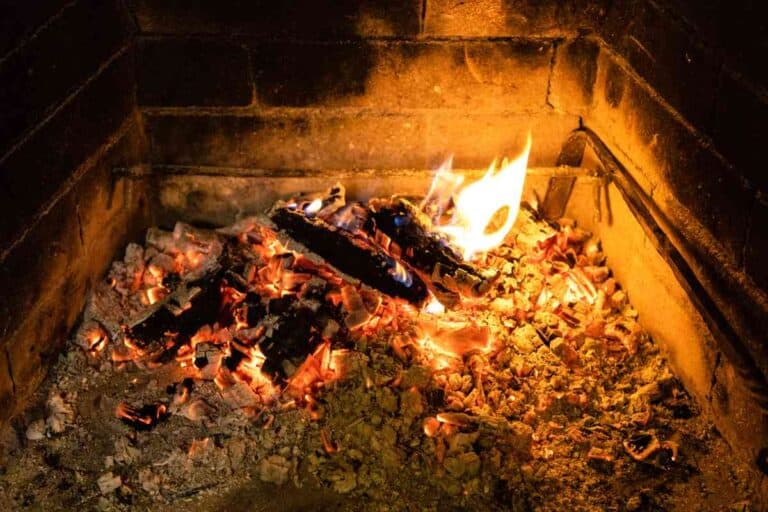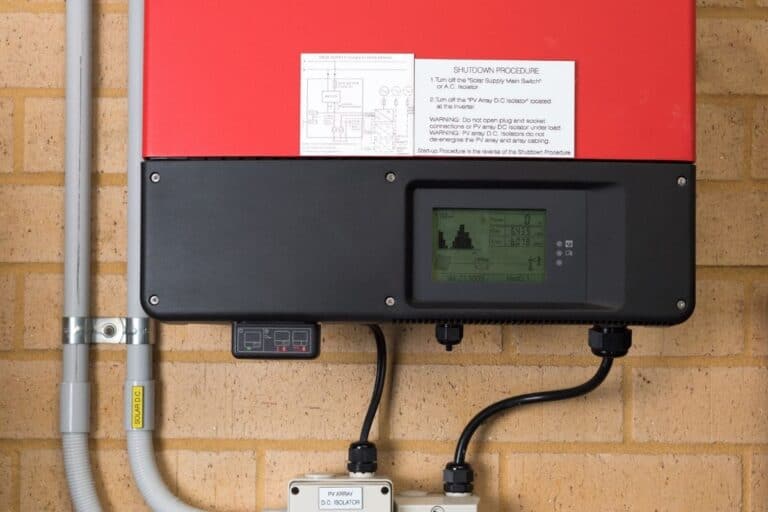Do I Need a Permit for Off-Grid Solar? (Answered!)
Living off-grid saves you money on utility bills. It means that your home will not be connected to the power grid and instead you have a solar system that powers all the electrical appliances in your home. You will need a battery pack to store the solar energy so that you can use it even when the sun is not shining.
Do I Need a Permit for Off-Grid Solar?
You may need a permit for off-grid solar, depending on where you live. Most homeowners living in urban centers need a permit for the installation of the solar system and the battery pack for safety reasons.
In some counties and states, you do not need a permit. Permits are needed when the work in your home interferes with or comes as an addition to public services. The best way to know whether you need a permit is to check with the local laws.
Besides having a permit, some counties require that the installation is done by a licensed contractor for safety reasons. Read on to learn more about the need for a permit for an off-grid solar system.
Can I Install My Own Off-Grid Solar?
The rules and regulations in each county vary. While you can install the solar system from start to finish without the need for a permit in some counties, you will need a licensed contractor to apply for a permit for you in some counties. Even in counties that allow you to do the installation yourself, the system should not interfere with the neighbors, affect public utilities, or be a hazard to the public.
If your county does not need a permit, your system still needs to pass an inspection. Given the differences in building codes in every county, be sure to check before you start planning to ensure that you get the budget right. Even in counties that may not need a permit, your system may still need to meet specific measurements, installation guidelines, and not exceed the required load on the roof.
There are counties that have restrictions on where you place the solar system and the type of battery pack that you can use. In others, your system has to be perfect to the smallest details, such as the access points and more. If you do not understand all these requirements, you should hire a licensed contractor to help with the installation.
Check with the county building department or contact the Authority Housing Jurisdiction to find out whether you can install your own off-grid solar system.
Do You Need a Permit for the Battery Pack You Use?
In some counties, there are battery pack requirements that might necessitate a permit. In urban areas, permits for battery packs are needed as a safety precaution.
If you go for a lead-acid battery, also known as a deep cycle battery, you will have a safer battery pack that is highly forgiving. However, this battery needs more maintenance with specific storage requirements to enhance its productive life.
A lithium-ion battery does not require so much maintenance, but it is highly explosive. These batteries can swell if you overcharge them, causing the destruction of the cells. During the solar power system planning, you need to consider the power load that your lithium-ion battery can hold.
You should not deep-cycle the lithium-ion battery. In counties where a permit is a necessity, you will need to provide all details, including installation, ventilation, storage, battery brand, load, and many other details.
What Is Needed for Off-Grid Solar System?
The first step should be to apply for a permit from the county office or your local AHJ office. You can design your system or get a licensed contractor to do so. The county building offices will ask for load bearings, measurements, and installation details before they approve your application.

Depending on the rules and regulations in your county, you can submit the application yourself or a contractor can do it for you. Some of the requirements that you may need for the approval of the permit include:
• Schematic drawing
• 120 rule solar drafting
• 2D layout7 drawings
• Installation drawings
• Lineside tap solar
• Voltage details, including max voltage for the system and open-circuit voltage
• Mounting schematics
The installation requirements vary from one area to another, depending on the local laws and the weather. As such, you need to ensure that you have the right panels for your area. People living in heavy-snow strong-wind areas need specialized panels to withstand such conditions.
In such areas, you also need a licensed contractor to authorize the plans and verify that the panels are safe for the area. In heavy-snow areas, the solar panel should be rated for 150-pounds of debris per square inch. In some areas, you only need a panel that can hold 40 pounds of debris per square foot.
For people living in high-wind areas, the positioning of the panels matters a lot. The installation drawings need to show the installation angles that will help avoid damage from high wind.
Once you have calculated the home’s electricity load and the needed power per year, you will need special equipment to ensure the system delivers. You may need specialized breakers, fuses, breaker boxes, and specialized wiring to handle the solar system.
Do I Need Permission for Solar Panels? Is It Legal to Live Off-Grid?
A solar panel falls under “permitted developments” in most counties. As such, you do not need a permit to buy one or create plans for the installation of the panel. As long as you do not break any rules in your local area, a solar panel is a legal addition to your home.
The government adds solar panels to “permitted developments” in a bid to encourage more homeowners to install the panels to make the country green.
Although all states allow the installation of solar panels, some are more receptive than others to the off-grid lifestyle. States that are receptive offer lenient codes with local officials helping homeowners through the planning, permitting, and installation process.
Some states are less receptive to off-grid living. These states make the process so complicated that the typical homeowner may never meet the set requirements. Some of the states with lenient codes include:
• Texas
• Washington
• Idaho
• New Mexico
• Ohio
• Iowa
Some of the states that are less interested in solar include:
• New York
• Pennsylvania
• Indiana
• Nevada
• New Jersey
Even if a state is not so receptive to off-grid living, you can still install solar. The process will be longer and there are so many requirements to meet, but you can still go off-grid. Urban areas have more restrictions than rural areas and in the woods, but if you are ready to make it work, you can install solar anywhere.
Why Do Counties Set Codes?
All states have adopted the National Electrical Code. In this code, Article 690, there is a section about solar power. Most states still follow that article 690, but some deviate from it and set other requirements as they see fit.
The codes ensure that the homeowner is protected from unsafe situations that might arise when you install the solar panel. It also ensures that the home gets adequate power from solar panels.
Set codes cover the standard wiring for the home and also requirements for Direct Current (DC) power. The code also talks about storage, collection, and conversion of the power after it is generated.
Closing Thoughts
Electricity from any source is dangerous. Every year, there are about 500 deaths resulting from electrical issues in the U.S. Solar electricity is no different, and this is why states and counties have codes that guide the installation of solar.
If your county requires a permit, this only adds one step in the installation process but does not stop you from going off-grid. Once you get the permit, you are sure that your plan is safe and will provide you with enough power at all times.







Some zoning codes don’t allow ground mounted panel arrays only rooftop. I know of one person who built a DIY ground mount system only to get a letter telling him to remove it. No one installs lithium-ION batteries most use Lithium-IRON or lifeP04 there is a big difference with safety ION can explode where IRON doesn’t explode although it still can off gas flammable gasses. I suggest constructing a solar building with the batteries and inverters away from the home that way the home is protected from a fire caused by either the battery or inverters catching fire. I have seen inverters burnup also.